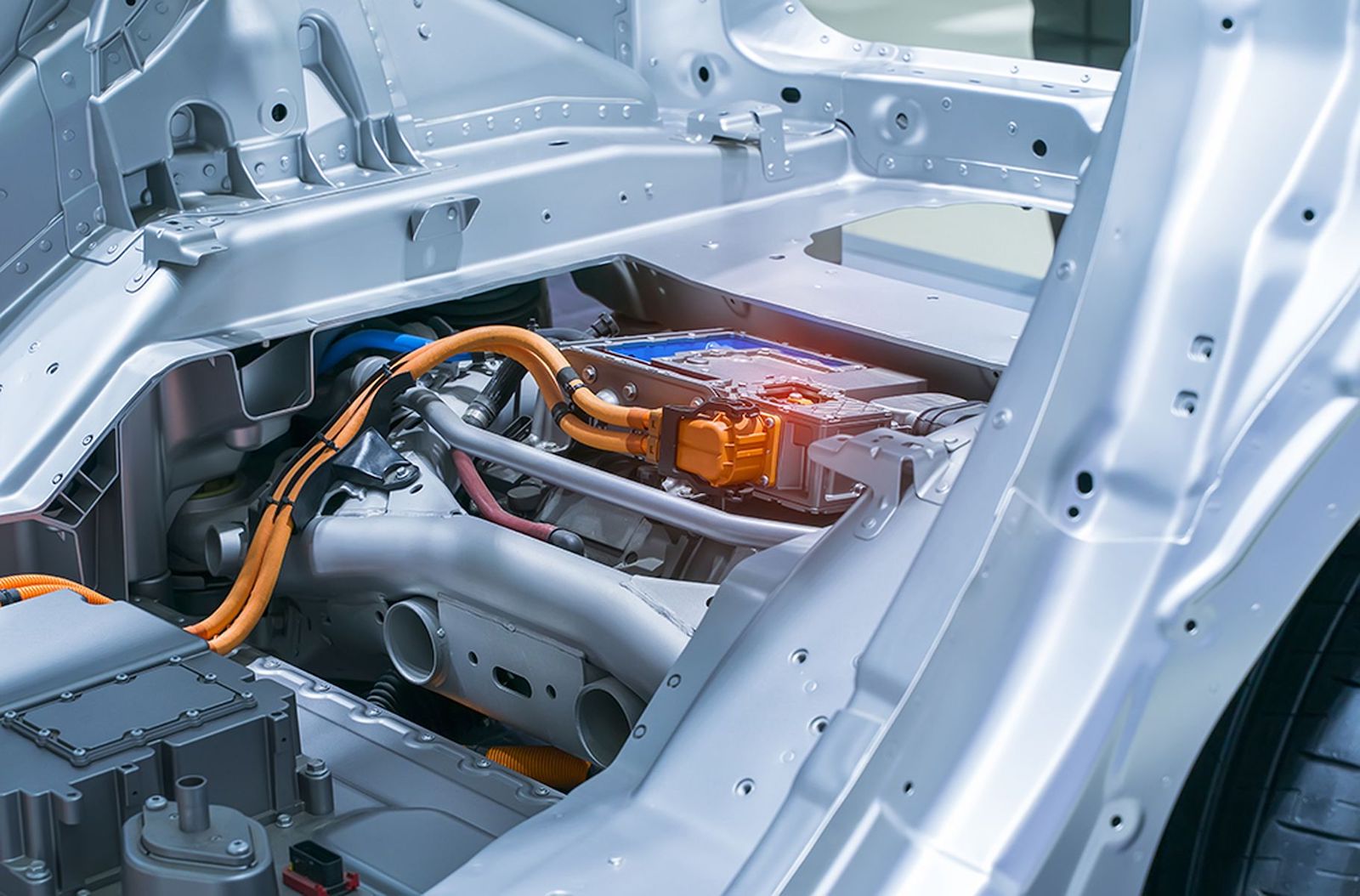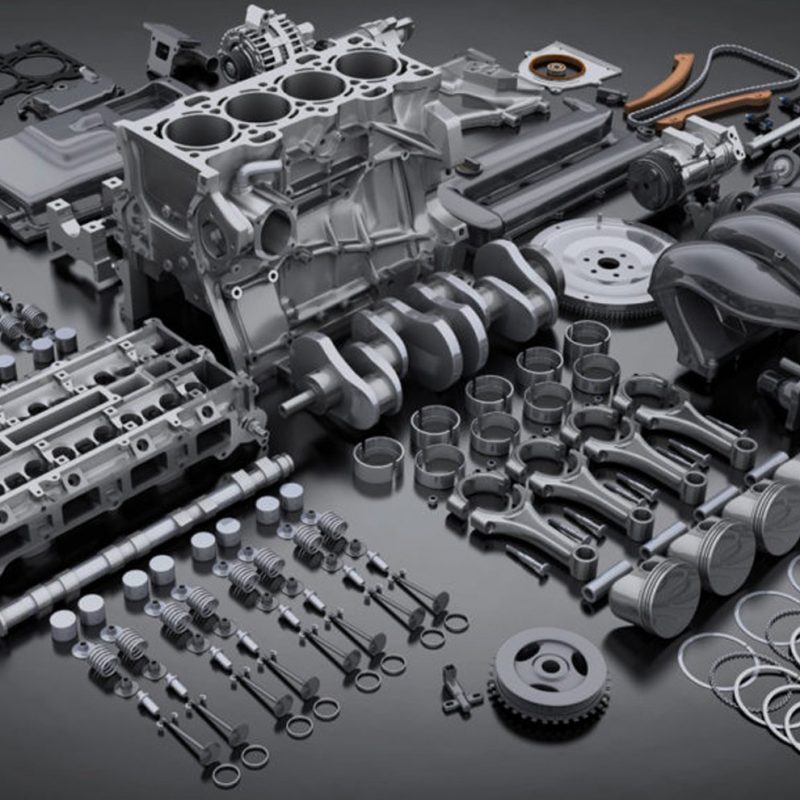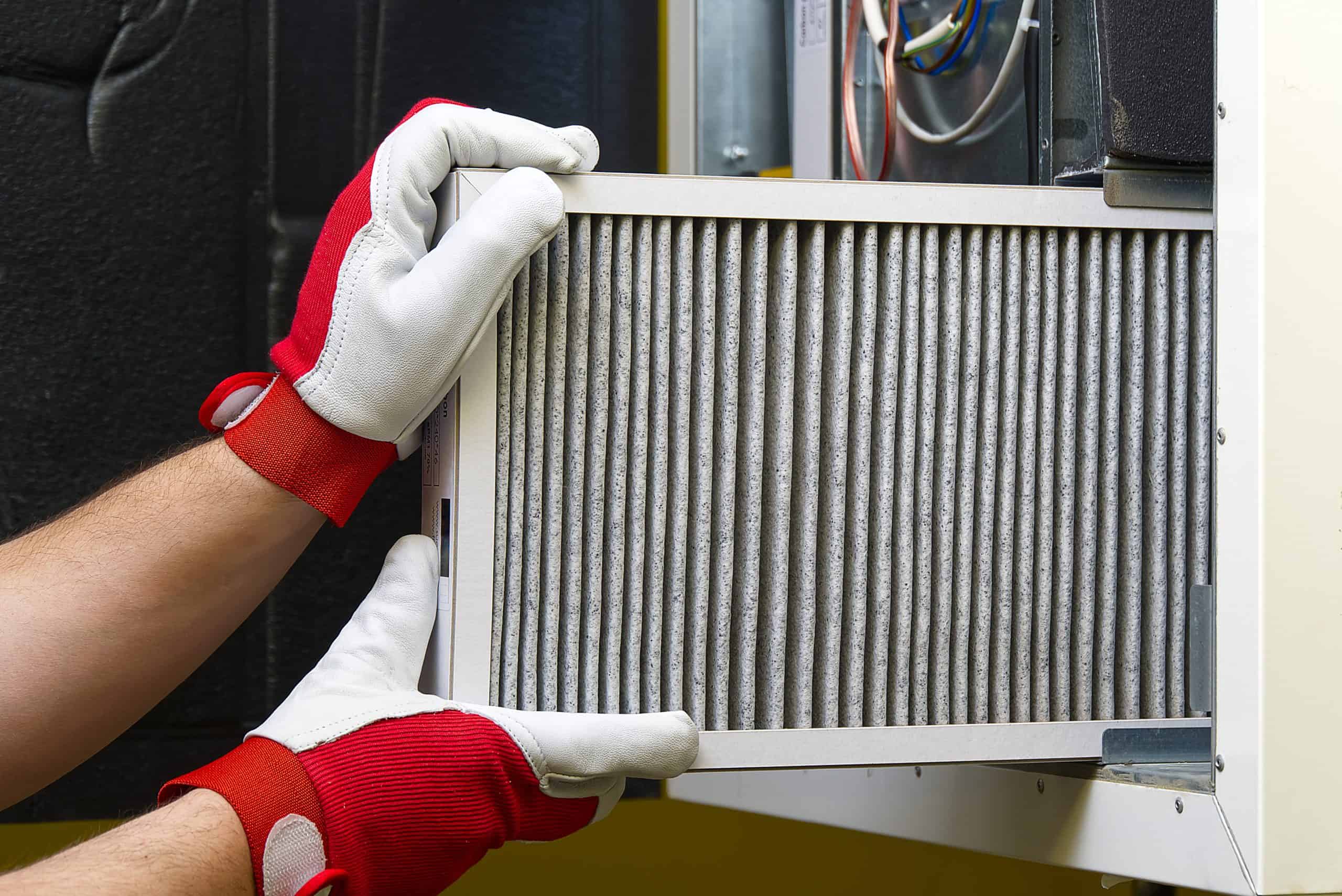Understanding the Different Types of Car Fuels
Understanding the Different Types of Car Fuels
When it comes to buying a car, one of the most important factors to consider is the type of fuel it uses. Not all car fuels are created equal, and understanding the differences between them can help you make a more informed decision when purchasing a vehicle. Different types of car fuels have different advantages and disadvantages, such as cost, efficiency, and environmental impact. By understanding these differences, you can choose a car that best suits your needs and budget.
In this article, we will take a closer look at the various types of car fuels available, including gasoline, diesel, ethanol, electric, and hybrid. We will also examine the pros and cons of each type of fuel, so you can make an informed decision when buying a car. Whether you’re a first-time car buyer or just looking to upgrade your current vehicle, understanding the different types of car fuels is essential.
Gasoline
Gasoline is a fossil fuel that is widely used as a car fuel. It is a liquid that is made up of a mixture of hydrocarbons, primarily composed of octane and other light hydrocarbons. Gasoline is used in internal combustion engines, which convert the energy from burning gasoline into mechanical energy to power the car.
One of the main advantages of gasoline as a car fuel is that it is widely available and relatively cheap compared to other fuels. Gasoline is also easy to find at gas stations and can be used in a wide range of vehicles. Gasoline-powered cars also tend to have a higher horsepower than diesel-powered cars, which can make them more fun to drive.
However, gasoline also has some disadvantages. It is a non-renewable resource, which means that it is not sustainable in the long-term. Gasoline also produces harmful emissions when burned, which can contribute to air pollution and climate change. Additionally, the refining process of gasoline is relatively complex and requires large amounts of energy.
Overall, gasoline is a popular car fuel choice due to its availability and relatively low cost. However, it is important to consider its environmental impact and non-renewable nature when deciding whether it is the right fuel for you.
Diesel
Diesel is a type of fuel that is made from the fractional distillation of crude oil, similar to gasoline. However, it has a higher energy density and is thicker in viscosity. It is used in internal combustion engines, typically in vehicles such as trucks and buses. The engine uses a different combustion process that is more efficient at converting the fuel’s energy into mechanical power.
One of the main advantages of diesel as a car fuel is that it is more efficient than gasoline, which means that it can go farther on a gallon of fuel. This can result in significant fuel savings over time. Diesel engines also tend to have longer lifespans and require less maintenance than gasoline engines.
However, there are also some disadvantages to using diesel as a car fuel. One of the main concerns is the emissions produced by diesel engines, which can be harmful to human health and the environment. Additionally, diesel fuel can be more expensive than gasoline, and the choice of diesel vehicles is limited compared to gasoline vehicles.
Overall, diesel can be a good choice for those looking for a fuel-efficient option, but it is important to consider the environmental impact of diesel emissions and the limited vehicle choices. If you are looking for a fuel efficient car, and you want to reduce the environmental impact, you can also consider hybrid or electric cars.
Ethanol
Ethanol is an alcohol-based fuel that is made from plants such as corn, wheat, and sugarcane. It is commonly blended with gasoline in varying concentrations, usually up to 10% (E10) to increase octane levels, and reduce emissions. It can also be used in higher concentrations (E85) in flex-fuel vehicles, which are designed to run on a blend of gasoline and ethanol.
One of the main advantages of ethanol as a car fuel is that it is a renewable resource, which means that it is more sustainable than fossil fuels like gasoline and diesel. It also burns cleaner, which can reduce emissions and improve air quality.
However, there are also some disadvantages to using ethanol as a car fuel. One of the main concerns is that it can have a lower energy density than gasoline, which means that it may not go as far on a gallon of fuel. Additionally, the production of ethanol can be energy-intensive and may require large amounts of land, water, and fertilizer.
Overall, ethanol can be a good choice for those looking for a more sustainable car fuel option, but it is important to consider the energy and land-use requirements of producing ethanol and its lower energy density compared to gasoline.
Electric
An electric car, also known as an EV (electric vehicle), is powered by an electric motor rather than an internal combustion engine. It uses energy stored in a battery to power the motor, and the battery is recharged by plugging the car into an electrical outlet.
One of the main advantages of electric cars is that they produce zero emissions, which means that they do not contribute to air pollution or climate change. They also tend to be very energy efficient, which means that they can go farther on a single charge than a traditional gasoline-powered car can go on a single tank of fuel. Additionally, electric cars are typically cheaper to operate than gasoline-powered cars, as the cost of electricity is generally lower than the cost of gasoline.
However, there are also some disadvantages to electric cars. One of the main concerns is the limited range of the battery, which means that the car can only go so far on a single charge. Additionally, the charging infrastructure is not as well developed as the gasoline fueling infrastructure, which can make it difficult to find a charging station when you need one. Additionally, the production of the batteries and the recycling process is also environmentally costly.
Overall, electric cars can be a good choice for those looking for a more sustainable and cheaper option, but it is important to consider the current limitations of the range and charging infrastructure, as well as the environmental impact of the battery production.
Hybrid
Hybrid cars, also known as hybrid electric vehicles (HEVs), use a combination of gasoline and electricity to power the car. They have both an internal combustion engine and an electric motor, which work together to provide power to the car. The electric motor is powered by a battery, which can be recharged by the internal combustion engine or by braking.
One of the main advantages of hybrid cars is that they are more fuel-efficient than traditional gasoline-powered cars. This is because the electric motor can assist the internal combustion engine, which reduces the amount of fuel needed to power the car. Additionally, hybrids can also reduce emissions by using electric power to supplement the gasoline engine.
However, there are also some disadvantages to hybrid cars. One of the main concerns is that they can be more expensive to purchase than traditional gasoline-powered cars. Additionally, the batteries in hybrid cars have a limited lifespan and can be costly to replace. Furthermore, the production of hybrid cars may also have environmental impacts.
Overall, hybrid cars can be a good choice for those looking for a more fuel-efficient and environmentally friendly option, but it is important to consider the higher purchase price and the potential costs of replacing the battery. It is also important to consider the environmental impact of the production process.
Conclusion
In this article, we have examined the different types of car fuels available, including gasoline, diesel, ethanol, electric, and hybrid. Each type of fuel has its own advantages and disadvantages, such as cost, efficiency, and environmental impact. It is important to understand these differences when purchasing a vehicle, in order to choose the one that best suits your needs and budget.
Gasoline is widely available and relatively cheap, but it is not sustainable and produces harmful emissions. Diesel is more efficient than gasoline, but it also has emissions concerns and can be more expensive. Ethanol is a renewable resource, but it has lower energy density and requires a significant amount of resources to produce. Electric cars produce zero emissions and are energy efficient, but they have limited range and charging infrastructure. Hybrid cars are more fuel-efficient and reduce emissions, but they can be more expensive and the batteries have a limited lifespan.
In conclusion, when purchasing a vehicle, it is important to consider not only the costs, but also the environmental impact and sustainability of the fuel source. With the development of technology, the alternative fuel options have improved in terms of range, charging infrastructure, and are becoming more affordable. Each person’s needs and priorities are different, and it is important to weigh the pros and cons of each type of fuel before making a decision.








